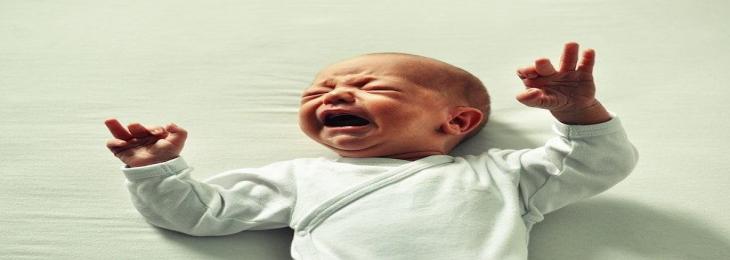Jan, 2021 - By WMR

According to a new research study, researchers have found that infants of mothers undergoing anxiety or depression exhibit stronger signs of stress, in comparison to babies of mothers without anxiety or depression. Moreover, researchers reported that with the help of a standard stress test babies with anxious and depressed mothers exhibited increased heart rate, and at higher risk to imprint emotional stress during growing phase.
Researchers also suggested that the interface of mother and a child during early months of life, plays a vital role in healthy growth of the child. In addition, in some of the cases, mothers, suffering from mood disorders including anxiety and depression during pregnancy or post-natal depression face difficulties in controlling infant´s negative affection, which is expected to develop insecurities in the children as they grow older. It is evident from several sources that around 10-20% of women undergo mood disorders during the pregnancy and the postpartum period.
Fabio Blanco-Dormond of the University of Heidelberg, stated, “To our knowledge this is one of the first times this physical effect has been seen in 3 months old infants. This may feed into other physiological stress systems leading to imprinted psychological problems”.
In this study, researchers involved 50 mothers and their respective babies. Out of total participants 20 mothers underwent depression or anxiety disorders around the time of delivery, and remaining were 30 healthy controls. Moreover, each mother with their respective baby were instructed to undergo Still Face Paradigm, where others were required to play with their babies for 2 minutes, then to cut off all interaction while maintaining eye contact. Again, after 2 more minutes mothers were instructed to continue playful interaction. Furthermore, researchers measured the heart rates of both mother and their respective babies.
Researchers observed that babies of mother with anxiety or depression exhibited sensitive physiological response to stress, in comparison to babies of healthy mothers. Babies with mothers who experienced mood disorders exhibited increase of an average of 8 beats per minute, when mothers did not interact with the child during the test.

We will be happy to help you find what you need. Please call us or write to us: